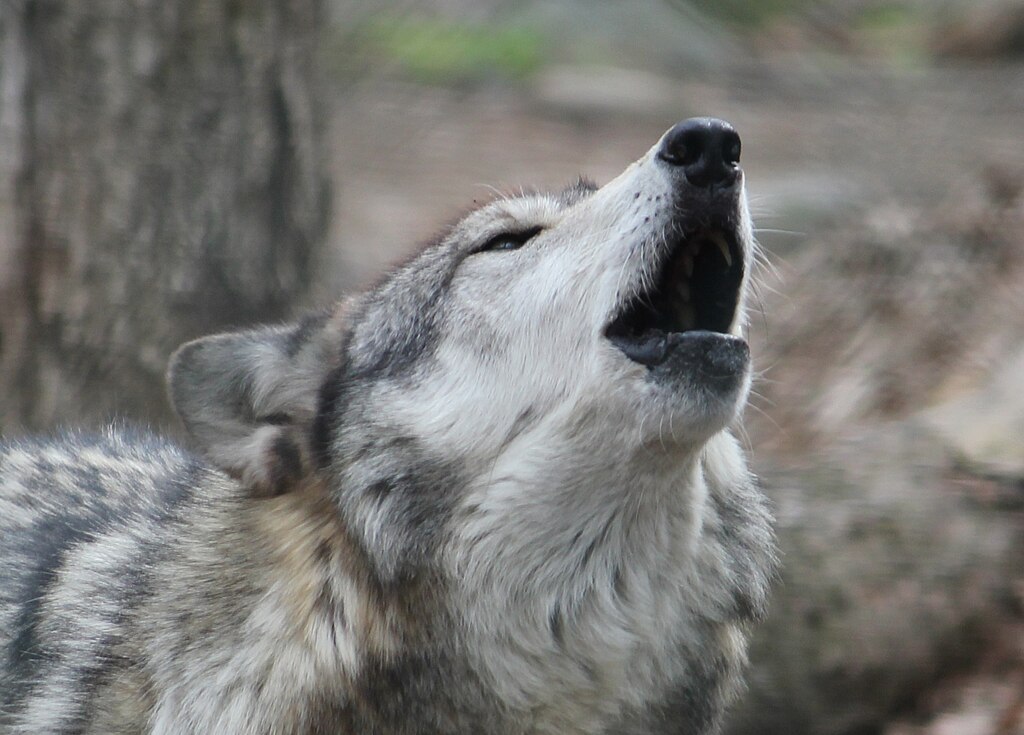The wolf’s preferred diet is deer and wild boar, research shows

Research into droppings left by the Netherlands’ population of around 100 wolves shows their preferred menu is deer and wild boar, according to new findings published on Tuesday.
The study, which focused on 700 droppings collected in Drenthe and the Veluwe region, shows that wolves turn to cattle, and to a lesser extent sheep, if there are no deer or boar available.
In the Veluwe, for example, 59% of the droppings contained boar, and 37% contained roe, red or fallow deer. But in Drenthe, where boar and fallow and red deer are shot to stop them becoming established, roe deer dominate the wolf diet, followed by wild cattle and, at just 6%, sheep.
The researchers say they were surprised by how few droppings contained traces of sheep, given the large number of reported attacks. This could be because the sheep do not try to escape, or because the wolf is disturbed and runs off, the researchers said.
The sheep attacks could also be the work of young wolves establishing their own territory. Wolves in established packs use their droppings to mark their territory, making it easy to trace, but young wolves spread their excrement throughout the landscape.
“Perhaps we should think again about allowing more wild animals to roam Drenthe,” wolf expert Hugh Lelieveld told broadcaster NOS.
“In Drenthe, wolves eat more sheep and far more cattle than in the Veluwe, even though wild prey are in plentiful supply. The biggest difference between the two areas is the number of red and fallow deer and wild boar.”
The current study, involving both DNA tests and an analysis of fur and bones, is based on droppings collected in 2023. Research into last year’s droppings is ongoing.
The research was carried out by Leiden and Antwerp universities, the Leo Foundation and the Dutch mammal association.
Compensation
Earlier this month it emerged that the amount of compensation paid to farmers whose land and livestock have been damaged by geese, wolves, and badgers rose steeply, from €18 million in 2014 to €50 million in 2023.
The figures were put together by provincial wildlife agency, BIJ12, which will publish its 2024 report next month.
BIJ12 said it expects the figures for 2025 to be higher still, with 1,718 sheep killed in the first three and a half months alone. However, not all the attacks on sheep have been proven to be carried out by wolves and not all farmers have taken adequate measures to protect their flocks .
Thank you for donating to DutchNews.nl.
We could not provide the Dutch News service, and keep it free of charge, without the generous support of our readers. Your donations allow us to report on issues you tell us matter, and provide you with a summary of the most important Dutch news each day.
Make a donation